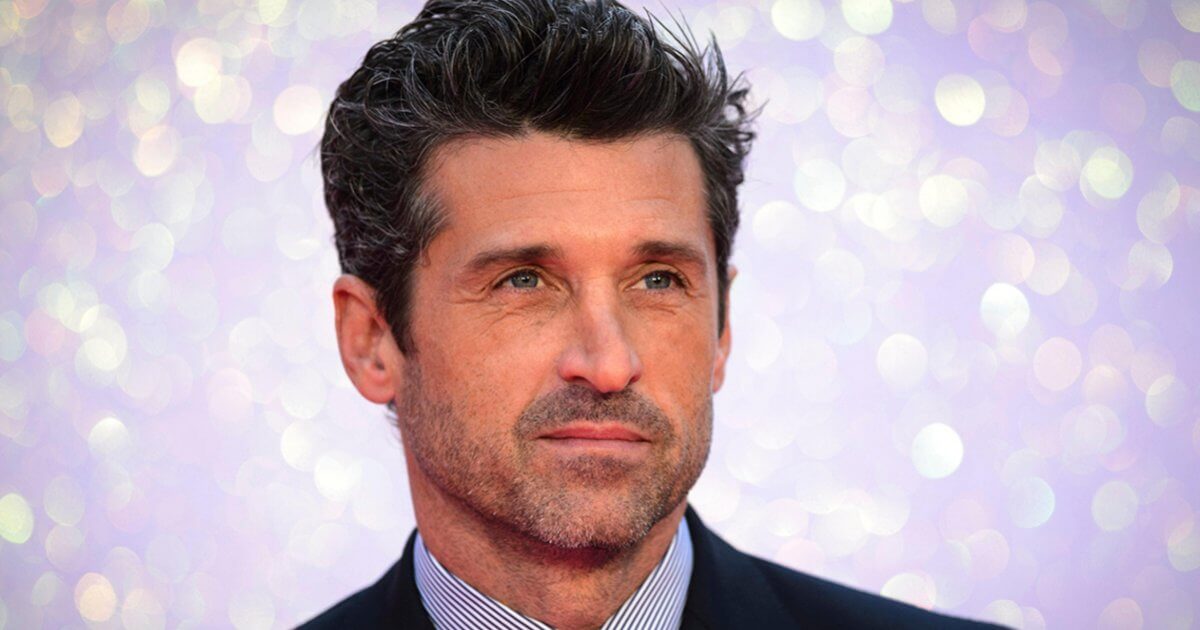Dempsey Center Going Virtual
- Patrick Dempsey announced that his cancer foundation is now offering virtual tours for the first time.
- The Dempsey Center offers complimentary counseling, fundraising, and workshops to cancer patients, families, and caregivers.
- The Grey’s Anatomy star lost his mother to ovarian cancer in 2014.
Dempsey, 54, announced that his cancer foundation, The Dempsey Center, are starting to offer interactive virtual tours to help people get care during the outbreak. This will be the first time the center has offered virtual tours. Due to COVID-19, the foundation’s two locations in Maine have been closed, but Dempsey and his staff are still trying to assist the many people whose care has been derailed.
Read MoreIn addition to offering virtual tours of their facility, the Dempsey Center has also launched a virtual version of their annual fundraising event the Dempsey Challenge. Usually, a group of people would get together in-person and take part in a bike marathon, but since they are avoiding large groups, Dempsey has challenged everyone to do their own solo-version of the challenge, and share videos with the center. Plus, they’ve taken it one step further by launching a two-day realistic video game experience.
“I will lead my very first virtual ride to raise awareness and funds to continue our mission of making life better for people managing the impact of cancer,” Dempsey wrote about the event.
Patrick Dempsey’s Cancer Activism
Dempsey's decision to get into cancer advocacy and fundraising was in honor of his mother, Amanda Dempsey, who he lost to ovarian cancer in 2014. Amanda battled with the disease for 17 years, and experienced multiple recurrences throughout her life. As one of her caregivers, it gave Dempsey a new perspective on how the disease can impact a family, and the toll it takes on caregivers. From there, the Dempsey Center was born, which offers resources for patients, families impacted by cancer, and caregivers through complimentary counseling services, fundraising, and workshops.
"The impact of a cancer diagnosis in a family is devastating and it affects everything," Dempsey told SurvivorNet. "Everything comes to a screeching halt, and you have to reevaluate how you look at the world, and how you go through it and try to find some normalcy in it."
COVID-19’s Impact on Cancer Care
The outbreak has caused delays in routine screenings, elective surgeries, and regular doctor’s check ups. Plus, life-saving clinical trials were put on hold for a period of time. However, facilities have adjusted to new guidelines brought on by COVID-19, and virtual services such as tele-health has become a common approach for oncologists to check in on their patients.
Telehealth has been prevalent amid the pandemic as it provides a virtual face-to-face interaction with medical workers, and experts tell SurvivorNet that it’s a useful way for patients to get multiple options in assessing treatment plans. However, that isn’t to say it doesn’t come with its own drawbacks, especially in screening for certain types of cancers. In order to detect diseases such as lung or breast cancer, oncologists must physically examine the patient by listening to their lungs or feeling over their breasts for lumps.
Despite some drawbacks to telehealth, it’s important not to ignore possible signs of a cancer diagnosis, and doctors assure the SurvivorNet community that these virtual check-ups are being handled carefully. The majority of what happens during an in-person follow-up doctor visit centers is taking a medical history and discussing what symptoms and side effects you're having from your cancer or its treatment. This can be done easily over a virtual call. Plus, during these visits, doctors can show and explain lab and test results.
“In the world of cancer care, telemedicine actually works really well,” Dr. Zachary Reese, a medical oncologist at Intermountain Healthcare, tells SurvivorNet. “This is something that we feel very comfortable doing because we’ve been doing it for five years now, and it works really well.”
Dr. Zachary Reese explains how telemedicine is being used for cancer treatment
Learn more about SurvivorNet's rigorous medical review process.

